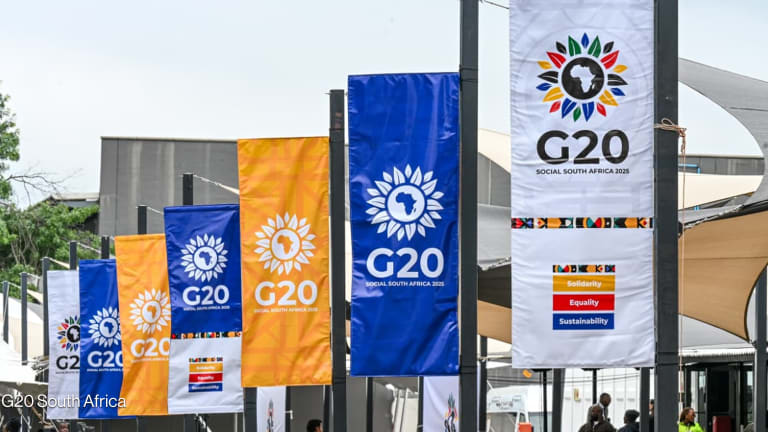Civil society came out in full force last week to tackle the post-2015 development framework at the 65th U.N. Department of Public Information for nongovernmental organizations in New York.
I was there as a U.N. Youth blogger, covering the meeting with seven other colleagues to report on the events, discussions and debates of civil society ahead of the 69th U.N. General Assembly later this month.
Given my role as a VSO U.K. volunteer working as an advocacy adviser for a disability civil society organization in Rwanda, I was particularly interested in the buzz around disability, inclusion, gender and volunteering.
Printing articles to share with others is a breach of our terms and conditions and copyright policy. Please use the sharing options on the left side of the article. Devex Pro members may share up to 10 articles per month using the Pro share tool ( ).








